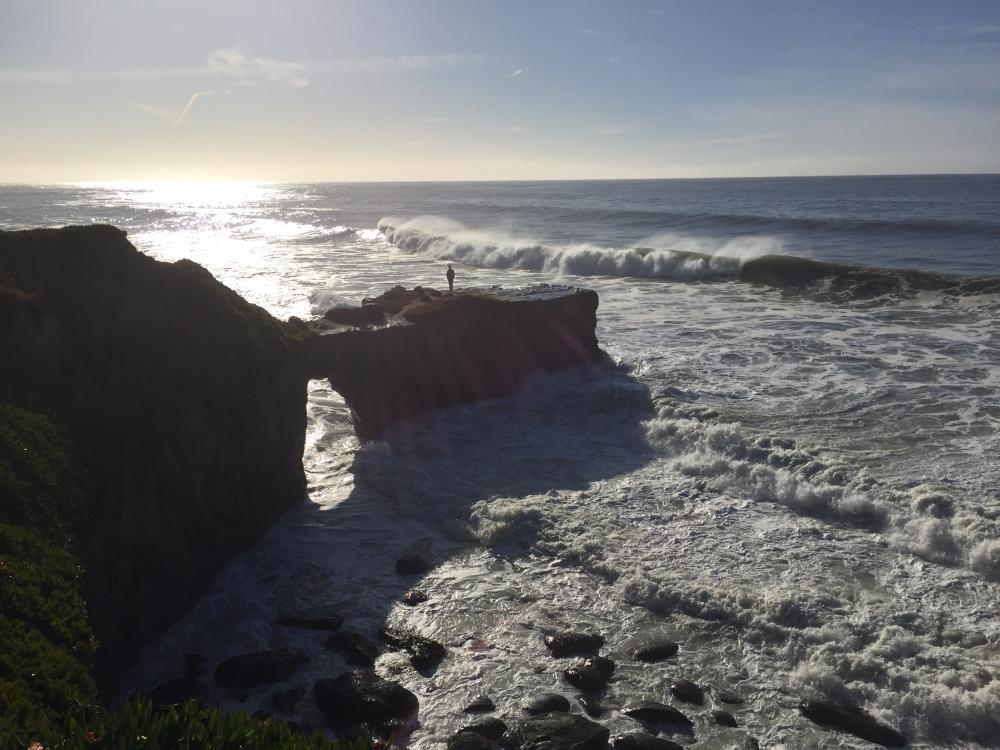Article published in Ambio: Recognizing Indigenous peoples’ and local communities’ rights and agency is critical to the success of global biodiversity policy

A new paper just published in Ambio argues that to be successful the post-2020 Global Biodiversity Framework of the Convention on Biological Diversity should fully embrace and embody Indigenous Peoples’ and local communities’ rights and agency in biodiversity management. EWA's director of ethnoecology, Felice Wyndham, is a co-author.
The Convention on Biological Diversity is now working to formulate the goals that will frame global biodiversity policy in the years to come. This will be done through an ambitious international plan commonly known as the post-2020 Global Biodiversity Framework. Such framework aims to galvanize transformative action to halt biodiversity loss at the global level. Unfortunately, the framework, as currently written, still has a long way to go towards fully recognizing Indigenous Peoples’ rights and agency, scientists argue.
“Indigenous Peoples’ and local communities understandings of nature align perfectly well with the Convention on Biological Diversity’s vision of Living in Harmony with nature”, says ICREA Research Professor Victoria Reyes-García, leader of the study. “It seems paradoxical that global discussions on the collective future of the planet do not heed the voices of Indigenous Peoples’ and local communities”.
The study, signed by 21 scientists from all over the world, presents a set of arguments why foregrounding Indigenous Peoples’ and local communities rights and agency is essential to the success of future biodiversity policy. Based on in-depth review of literature, the study highlights that Indigenous Peoples and local communities hold critical knowledge for setting realistic and effective biodiversity targets.
“The Global Biodiversity Framework should recognize and address the views and perspectives of Indigenous Peoples and local communities”, states Dr. Álvaro Fernández-Llamazares, a co-author of the study. “There is crystal-clear evidence that their knowledge systems, practices and values have so much to offer in addressing the current biodiversity crisis”.
The authors argue that Indigenous Peoples’ and local communities’ participation in biodiversity policy contribute to recognize and uphold human rights, and call on the Convention on Biological Diversity to fully recognize Indigenous Peoples’ and local communities not only as stakeholders, but also as rights and knowledge-holders.
Reference:
Reyes-García, V., Fernández-Llamazares, Á., Aumeruddy-Thomas, Y., Benyei, P., Bussmann, R.W., Diamond, S.K., García-del-Amo, D., Guadilla-Sáez, S., Hanazaki, N., Kosoy, N., Lavides, M., Luz, A.C., McElwee, P., Meretsky, V.J., Newberry, T., Molnár, Z., Ruiz-Mallén, I., Salpeteur, M., Wyndham, F.S., Zorondo-Rodríguez, F., Brondizio, E.S. (2021) Recognizing Indigenous Peoples’ and local communities’ rights and agency in the post-2020 biodiversity agenda. Ambio. doi: 10.1007/s13280-021-01561-7
